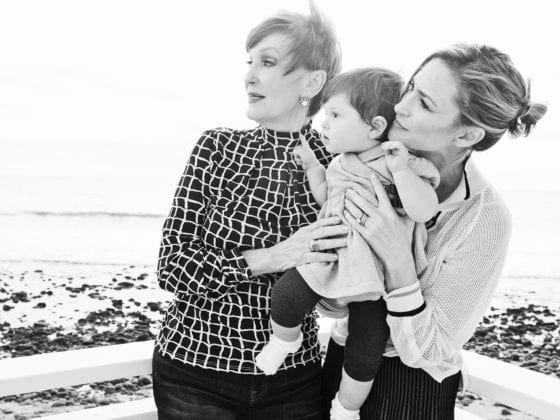The four years I spent at the small, evangelical university in Southern California were the most interesting years of my life.
I took a semester of Arabic. A professor from Kenya taught me Russian History. I liked my first class with him so much that I took one of his classes every other semester until I graduated. I “did homework” at the beach and ate shawarma, hummus and baklava at a Lebanese restaurant in Anaheim on the weekends. During breaks, I visited my friends in San Diego, Northern California and Oregon. I took my major classes alongside students from around the world.
At my graduation, I wore a gold dress with flowers under my black gown. There were two asterisks next to my name in the program because I had graduated magna cum laude. I felt proud of myself on graduation day and grateful for all of the memories and experiences.
Nevertheless, I was ashamed. I was ashamed because I was graduating from college and still single while most of my closest friends were already married or engaged.
I was ashamed because I was graduating from college and still single…
The pressure to get married was not limited to my university’s religious tradition. I am from Central Texas, and traditionally, women get married young in the South. They start families young. During my summer and winter breaks from college, my friends and family from back home asked more about my dating life than anything else.
My answer that “No, I was not dating anyone,” elicited a sympathetic smile from whomever was asking. Then, typically one of us would change the subject, burying it until the next time I was home and it would be excavated again.
The pressure to get married and start a family young may be limited to certain subcultures, but the idea that a woman is less than whole without a man is not. As girls, we watch different versions of the same storyline: the prince falls in love with the unhappy girl, the unlucky girl or the girl who has been waiting her whole life for her big break. Then, we watch the prince transform her with his love.
The idea that a woman is less than whole without a man is not [limited to certain subcultures].
I watched those stories and I hoped that my life would follow the same script. After college, I had interesting jobs and I traveled to interesting places, but everything was “in the interim.” Everything was temporary until I met the man who was “the one,” and then, I could really start my life.
I met him, eventually. I got married when I was 26. Two years later, I had my daughter. Once I was a wife and mom, it felt less important that I once knew how to have a basic conversation in Arabic or that I had written a paper about Genghis Khan for my Russian History class and made it longer than the requirement because I had found his life so interesting.
Instead, I grocery shopped. I cooked. I packed my husband’s lunch most weekdays. I took my daughter to the park, on walks and to playdates. And I loved it.
But then I watched my marriage crumble. I had waited to be married for my whole life, and to watch the speed with which it crumbled disoriented me. If I believed that my life was not valuable until I got married, then what would I believe about myself if my marriage ended?
If I believed that my life was not valuable until I got married, then what would I believe about myself if my marriage ended?
My daughter is turning 4 this month and she has a boyfriend who is in her preschool class. She is going to marry him or so she tells me.
“But not until I am like 15. Don’t worry Mom,” she says.
I tell her if she still wants to marry the boy from her preschool class when she grows up and the feeling is mutual, then she can. I also tell her that she doesn’t have or need to get married. I tell her that she is enough the way she is, that she is valuable in spite of any future romantic relationships, marriage or children.
To think about the past year is to think about my breaking heart, yes. However, it is also to think about the full-time job that I got and about all of the mornings that I have woken up early to work on the book that I am writing. It is to think about the trips to the park with my daughter on my days off; about all the times we have gotten ice cream or slushies; and how I took her to the beach a few weeks ago with my family and ran into the ocean with her, even though the water was too cold.
I tell her that she is enough the way she is, that she is valuable in spite of any future romantic relationships, marriage or children.
By living in a way that I want my daughter to be able to emulate, I have answered my own question: My worth does not depend on my marital status. I am not less valuable today than I was on my wedding day when I held every hope in the world in my heart.
My mom gave my daughter a map of the United States and, recently, I showed her California.
“Wow, it’s big,” she said, her eyes wide.
“Did you know I used to live there?” I asked, and she shook her head.
I have so much to tell her.
What cultural stereotypes about marriage and relationships do you want to tear down? How can we raise our daughters to not find identity in relationships?
Image via Melanie Acevedo, Darling Issue No. 11











